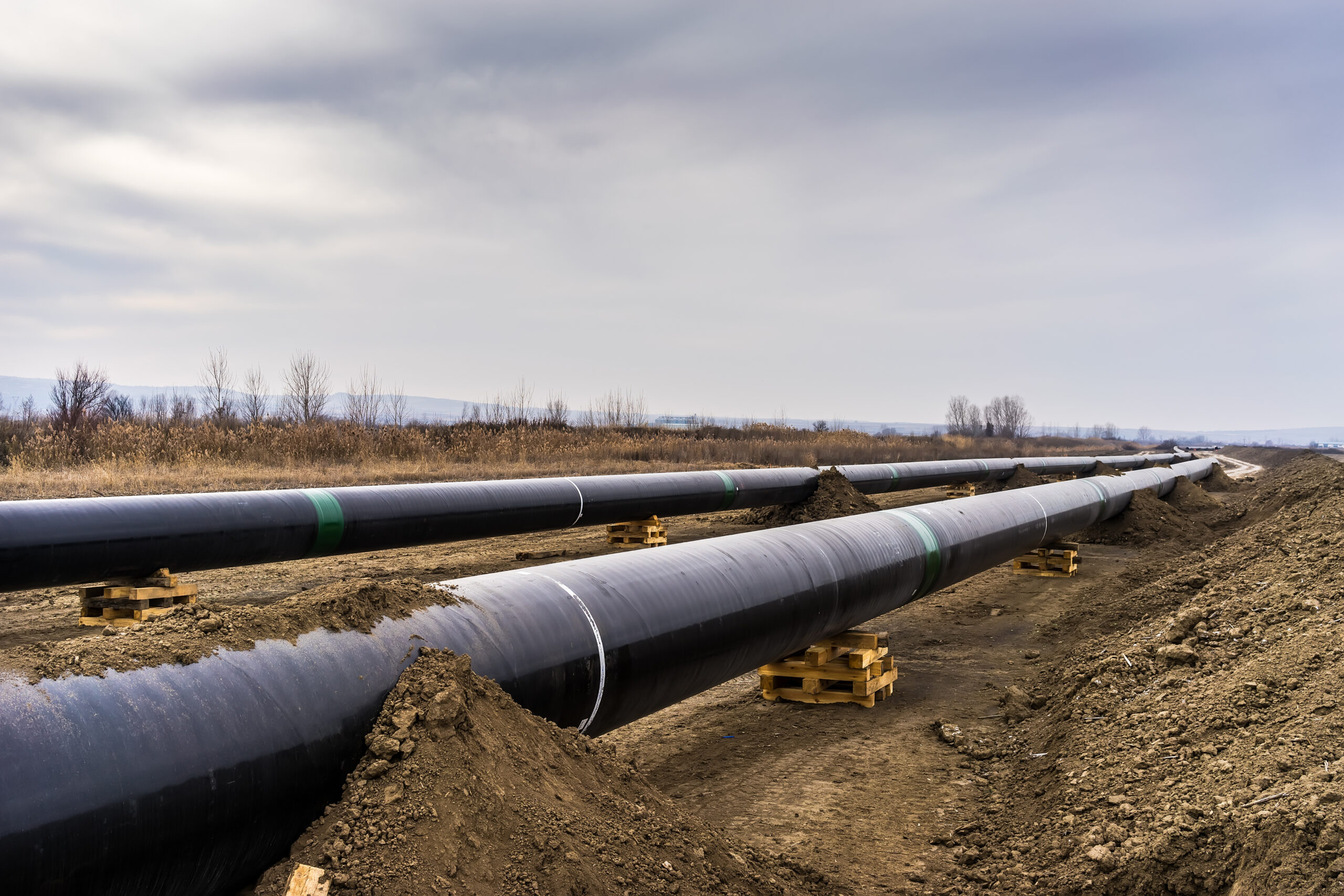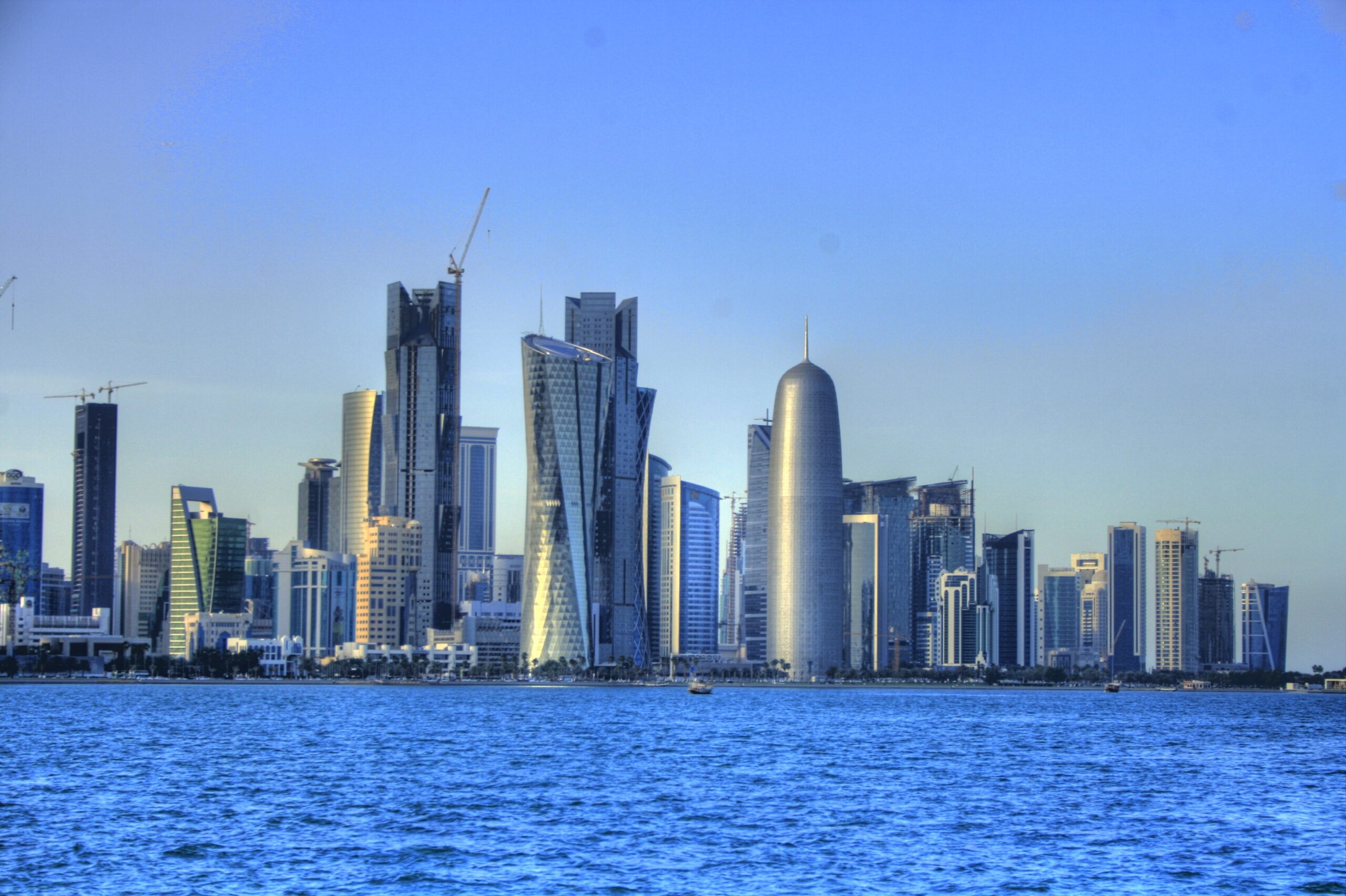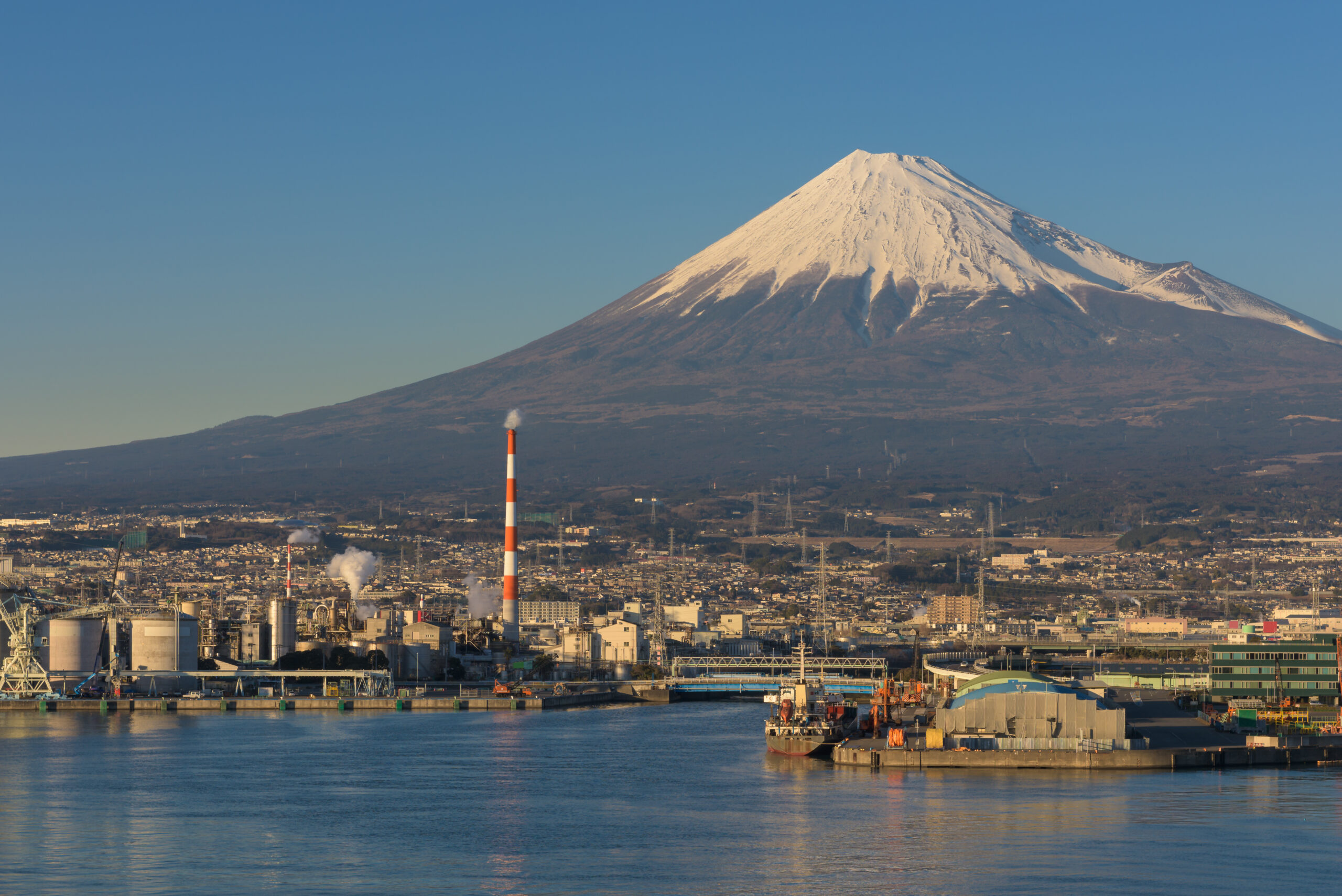Russian gas to Europe may continue post-2030: Eurogas
Europe will likely continue to receive Russian gas in some form in the coming years, conference delegates heard.

Russian gas will likely still find a way to Europe beyond 2030 amid take or pay contracts extending past that date and ongoing flows into Turkey and Eastern Europe, a conference heard.
Despite “political statements” at a European level that the continent must stop importing gas from Russia and RePowerEU setting a target of Russia stopping flows by 2030, it’s still unclear “how many companies (in Europe) are still exposed to take or pay” contracts to import Russian gas, the secretary general of European gas association Eurogas, James Watson, told the Flame energy conference in Amsterdam on Wednesday.
He said political targets were in contrast with laws regulating contracts, leading to “massive uncertainty” which “impacts commercial decisions everyday.”
He added existing take or pay commitments also means many European buyers cannot sign new agreements, such as long-term LNG deals, which some say are necessary to ensure security of supply and provide long-term signals to producers.
Meanwhile, piped Russian gas flows into Turkey, as well as Caspian gas and Russian imports into Hungary, mean Europe will likely continue to receive Russian gas in some form in the coming years.
This adds to Russian LNG exports which have been continuing over the past year, and which show no sign of being capped by Europe.
Warm weather and gas demand falling by 15% in 2022 have helped Europe get through the past winter, however this was mostly due to “luck…The EU Commission patting on the back got through this, but regulation has paid a small part” in addressing the energy crisis, he argued.
At the same time, policies are failing to address the main issue of increasing supplies of gas to Europe, he stressed..
Commenting on the price cap implemented by Europe, he said while this showed that European policymakers have taken action to address the crisis, the measure was designed in such a way that they were unlikely to be triggered.
“The market correction mechanism is deeply unpopular among half of our members” however the EU “has managed to create a system that is very unlikely to be triggered,” he argued.
“They have been active and designed things in a way that has as little impact as possible,” he added.



